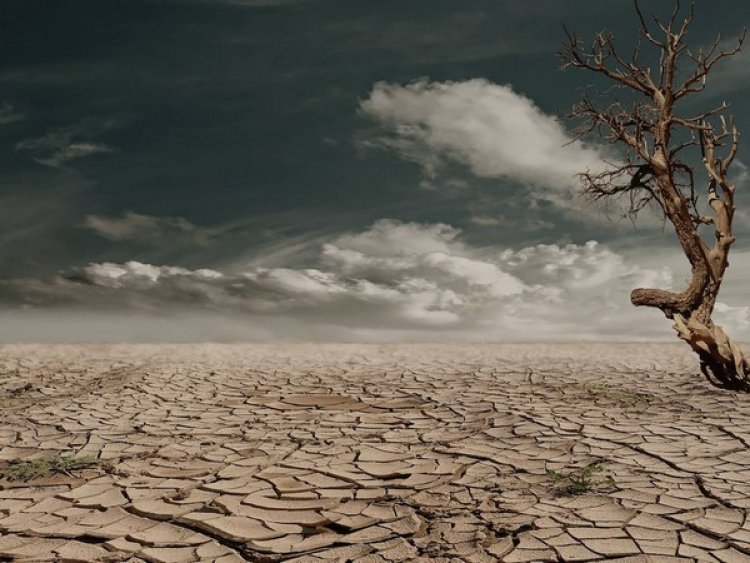Research explores complexity of dryland dynamics under changing climate

Washington, US: A hydrologist in the IUPUI School of Science, Professor Lixin Wang, recently reviewed advances in the study of dryland productivity and examined major outstanding debates on dryland responses to environmental changes.
The findings of the study were published in the Nature Climate Change journal.
Working with a small, but diverse group of internationally recognized researchers, Wang spent more than a year examining dryland productivity and their important role in the global carbon budget.
In the review article, Wang breaks down the complexity of dryland dynamics and provides an in-depth discussion on the great dryland debate regarding whether drylands are expanding under a warming climate, what are the key drivers of shifts in dryland vegetation, and the importance of hydrological processes regulating dryland ecosystems.
The review article also discusses dryland agriculture, grazing, and land use change in drylands under the current and future climates.
Going forward, Wang suggests prioritizing holistic approaches to dryland management, accounting for the increased climate and anthropogenic pressures, and the associated uncertainties in the observation and prediction of dryland productivity.
Besides Wang, the research team includes Dr Wenzhe Jiao (a former PhD student in Dr. Wang's group and currently a postdoctoral researcher at MIT) who played an instrumental role in data collection, synthesis, and virtualization, Dr Natasha MacBean at Western University in Canada, Dr. Maria Cristina Rulli at Politecnico di Milano in Italy, Stefano Manzoni at Stockholm University in Sweden, Giulia Vico at Swedish University of Agricultural Sciences in Sweden, and Paolo D'Odorico at the University of California, Berkeley.















































